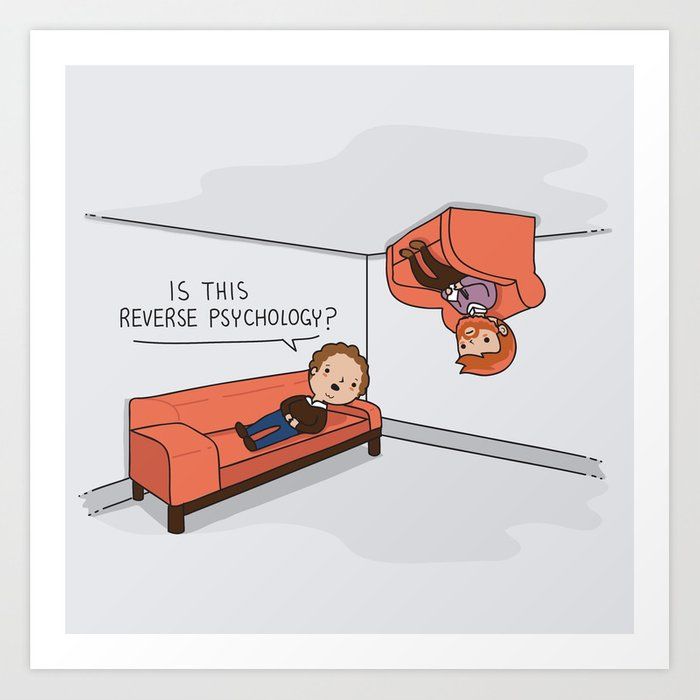Finding your worth
4 Ways to Know Your Worth
Source: Photo by Feeh Costa on Unsplash
Those who don't know their worth may consciously or unconsciously believe that they are worthless. Such beliefs can affect one's thoughts, emotions, actions, and experiences. Knowing your worth and believing that you are indeed worthy is essential for happiness and well-being. So, let's dive into the research to learn more about how we can better know our worth.
What Stops Us From Feeling Worthy?
Many of us let our self-worth be contingent upon external events. When our self-worth depends on external situations, it's unstable. As a result, our feelings about ourselves can end up being at the whim of the world.
Obviously, we want to experience things that make us feel good. And engaging in activities that boost our self-esteem makes us feel good. But when we have contingent self-worth, we might engage in activities that make us feel worthy while avoiding activities that make us feel unworthy.
This can lead us to pursue the wrong things—things that don’t make us happy in the longer run.
For example, if our self-worth is contingent upon being successful at work, we might only choose jobs that are easy. That way we never fail and ensure that we always know that we are worthy. Or, maybe we only think we're worthy if we weigh less than 130 pounds. We might under-eat or engage in unhealthy eating practices just to make sure that we don't feel like a bad person.
When our self-worth is tied to outside factors, this leaves us with little control over how we live our lives. Instead, we're constantly striving to avoid feeling bad about ourselves. Instead of striving to meet our goals, we strive to avoid failure. And if we do fail, we might abandon our goals, lose motivation, or make excuses to help ourselves feel better (Crocker & Wolfe, 2001).
Ask yourself, do you do this? What situations don't just make you feel bad emotionally, but also feel bad about yourself? These are the situations that might be in control of your self-worth.
How to Know Your Worth
So how can we work toward better knowing our worth so that life's slings and arrows don't affect us so much? Experts in self-esteem (Crocker & Wolfe, 2001) offer some tips:
1. Prioritize learning over performance. When we focus on learning and growing, then we can take failures or lack of approval as an opportunity to improve. By doing this, we can hopefully recover more quickly from difficult emotions.
2. Adopt prosocial goals. By setting goals that are good for us and good for others, we may be able to avoid some of the hits to our self-esteem. So focus on how you serve others and add value to the world.
3. Reduce external contingencies. Research has shown that external contingencies—self-worth based on things like approval or appearance—are the worst for our self-esteem. Internal contingencies based on things like virtue and religiosity appear to be less harmful (Crocker & Wolfe, 2001). So focus on decreasing external contingencies.
So focus on decreasing external contingencies.
4. Focus on your strengths. Ask yourself:
- What makes you special or unique?
- What do you do that no one else does?
- What are your positive qualities?
Regularly answering these questions can help you improve your self-worth.
Self-worth is not an easy thing to develop. But when we better understand how we let external events determine our self-worth, we can hopefully start to shift our worth more towards things we have control over.
Portions of this post were also published by The Berkeley Well-Being Institute.
Facebook image: Yuricazac/Shutterstock
LinkedIn image: mapo_japan/Shutterstock
Knowing Your Worth: How to Boost Self-Worth and Self-Confidence
Knowing Your Worth: How to Boost Self-Worth and Self-ConfidenceBy Tchiki Davis, MA, PhD How do you value yourself more and boost your self-worth? And how do you grow your self-esteem in ways that make you feel more confident and worthy? Here is a science-based guide. *This page may include affiliate links; that means I earn from qualifying purchases of products. What Does It Mean to Know Your Worth?When we talk about knowing our worth, we're referring to the simple truth that we all have worth... it's just that some of us don't know it. Those of us who don't know our worth may consciously or unconsciously believe that we are worthless. But believing that we are unworthy can affect everything from our thoughts, to our emotions, to our actions, to our experiences. In fact, when we analyzed data from our well-being survey, low self-worth was the #1 predictor of unhappiness. Knowing your worth and believing that you are indeed worthy is absolutely essential for happiness and well-being. So let's dive into the research to learn more about how we can better know our worth. Are You a Therapist, Coach, or Wellness Entrepreneur? Grab Our Free eBook to Learn How toGrow Your Wellness Business Exponentially! ✓ Save hundreds of hours of time ✓ Earn more $ faster Knowing Your Worth Means Boosting Your Self-EsteemHigh self esteem (but not arrogance) is thought to be crucial for happiness, success, and popularity. What Are Contingencies of Self-Worth?Many of us let our self-worth be contingent upon external events. We may be selective about what we let affect our self-worth—for example, maybe it's just our mother that makes us feel worthless or just our bosses. Regardless, when our self-worth depends on external situations, it's unstable and therefore, our feelings about ourselves can end up being at the whim of the world. The very reason I'm writing about this today is because of critical words that I received from a supervisor saying that I'm not doing a good job. I'd like to say that this didn't hurt my self-esteem, but it really did because I always try to do the best I can. Why do I let other people's actions and opinions affect how I feel about myself?! I wondered. If you're here reading this, I'm sure you can relate. So I thought this would be a good opportunity to explore this topic more and see if I can help us both out. Onward we go. How Do Contingencies of Self-Worth Affect Behavior?Obviously, we want to experience things that make us feel good. And engaging in things that boost our self-esteem makes us feel good. But when we have contingent self-worth, we might engage in activities that make us feel worthy and avoid activities that make us feel unworthy. This can shape our short-term and long-term goals. For example, if our self-worth is contingent upon us being successful at work, we might only choose jobs that are easy. That way we never fail and ensure that we always know that we are worthy. Another example is maybe we only think we're worthy if we're under a certain weight. When we don't know our worth, we often increase our effort to avoid failure. And if we do fail, we might abandon our goals, lose motivation, or make excuses to help ourselves feel better (Crocker & Wolfe, 2001). And that's totally understandable. When we're in this mindset that what we do or how people feel about us gives us worth, that seems like the only control we have over our emotions. How Do We Hold Our Self-Worth Hostage?It is not uncommon for us to let our self-worth be contingent upon academic or career success, appearance, approval, outperforming others, virtue (or goodness), and religious faith (Crocker & Wolfe, 2001). Ask yourself, how do you hold your self-worth hostage? What situations don't just make you feel bad emotionally, but also feel bad about yourself? These are the situations that currently have control over your self-esteem. And as long as your self-esteem comes from outside of yourself, it'll never be stable or reliable. In reflecting on this myself, I started to learn that my self-worth was contingent on my strengths but not my weaknesses. After exploring strengths and weaknesses in a previous article, I discovered that my strengths are fairness, kindness, honesty, and creativity. I find that I am most rattled when people suggest that I am not these things. If they tell me that I'm bad at something that I already know I'm bad at, it doesn't affect me at all. What's not so good for my well-being is that I end up believing other people's words more than what I know about myself. I know myself and I know my strengths, but for some reason, I don't know my worth. Currently, my self-worth is being held hostage. The Cost of Pursuing Worth Instead of Knowing Your WorthWhen our self-worth is contingent on a domain, we strive at all costs to do well in that domain. We may not handle criticism well, we may prioritize performance over learning, and we may even quit if we're not doing well. As a result, we lose a lot of our autonomy—we feel pressured by demands, expectations, and standards, some of which may be set by us and some of which may be set by others (Crocker & Wolfe, 2001). Regardless, we do things because we think we have to, not because we want to, and that just makes life kind of a bummer. Pursuing self-worth )versus knowing self-worth) can also harm our relationships. If we're overly concerned about how others see us, we might not be authentic or share our vulnerabilities, two things that contribute to healthier relationships. We may also unconsciously manipulate other people to see us in ways that make us feel good. These types of tactics can make it difficult for others to want to be around us (Crocker & Wolfe, 2001). Needless to say, all of this can cause a lot of stress and anxiety. This extra stress along with poor coping skills can even hurt our health (Crocker & Wolfe, 2001). How to Know Your WorthSo how can we work towards better knowing our worth so that life's slings and arrows don't affect us so much? Experts in self-esteem (Crocker & Wolfe, 2001) offer some tips: 1. Prioritize learning over performance 2. Adopt prosocial goals 3. Reduce external contingencies Know Your Worth by Defining Your ValueIf we've now decided that we don't want our self-worth to be contingent on external situations or how others view us, what do we base our self-worth on? Casey Brown suggests in her TED talk (below) that we first need to define our value. She focuses specifically on our financial value—she wants us to know what we're worth so we get paid what we're worth. But I think this strategy can apply more broadly to issues with self-worth. So ask yourself:
The answers to these questions provide a starting point to grow your self-worth. Video: Know Your WorthKnow Your Worth by Speaking in Ways That Show Your WorthThose of us with low self-esteem or self-respect unintentionally communicate in ways that lead others to have the same low opinions of us that we have about ourselves. For example, I think that one of my positive traits is kindness. So I always strive to be nice, and fair, and considerate of others. On the flip side, I have a negative opinion of my appearance, and you'll often find me saying negative things about my body. Then there are the things we're completely unconscious of. In the TED talk above, I related completely to the example of the woman who, when describing her business, said, "I have a little web design company." This was how she unconsciously communicated that she didn't think her company, and herself as the creator of her company, have worth. There are so many of these tiny ways that we tell others what we think about ourselves, and they tend to believe us. This just diminishes our self-worth. So ask yourself, what are the parts of you that you say negative things about? Then see if you can brainstorm ways to counteract these negative statements. Know Your Worth by Putting Yourself in Situations That Support Self-WorthThe thing about low self-esteem is that we accidentally create the exact situations that we need to avoid in order to boost self-esteem. In one study, participants with low self-esteem tended to choose a report with a negative self-evaluation over a positive self-evaluation (this was especially true for those with depression; Giesler, Josephs, & Swann Jr, 1996). This research suggests that if we have low self-esteem, we often put ourselves in situations that keep our self-esteem low. Articles Related to Finding Your WorthFinal Thoughts on Knowing Your WorthSelf-worth is no easy thing to develop. But when we better understand how we let others determine our self-worth, we can hopefully start to shift our worth more towards things we have control over and improve our happiness and quality of life. Don't Forget to Grab Our Free eBook to Learn How toGrow Your Wellness Business Exponentially! References
| Are You a Therapist, Coach, or Wellness Entrepreneur? Grab Our Free eBook to Learn How to Grow Your Wellness Business Fast!Key Articles:
Content Packages:
|
10 Working Ways to Realize Your Importance
There are times in each of our lives when we feel powerless. We begin to torment ourselves with philosophical questions, doubt our decisions, reconsider our goals.
We begin to torment ourselves with philosophical questions, doubt our decisions, reconsider our goals.
If such a state of health disturbs you only occasionally and is quickly replaced by a sense of your own importance, there is no reason for concern. Another thing is if you have been suffering from unpleasant thoughts and sensations for a long time. We've put together a few workable ways to help you feel important again.
1. Stop comparing yourself to others
Sometimes the feeling of your own insignificance comes into your life just after another comparison with a more successful, beautiful, popular person. Your reflection in the mirror begins to irritate you, you analyze your life and your achievements, you are convinced of the lack of talents. In most cases, comparisons do not turn out in your favor, and you only lose confidence in yourself and your abilities.
These thoughts throw you off balance and demotivate you to move forward. The best thing you can do for your mental and emotional health is to acknowledge the fact that you just have different strengths and need a little more time to reach your potential.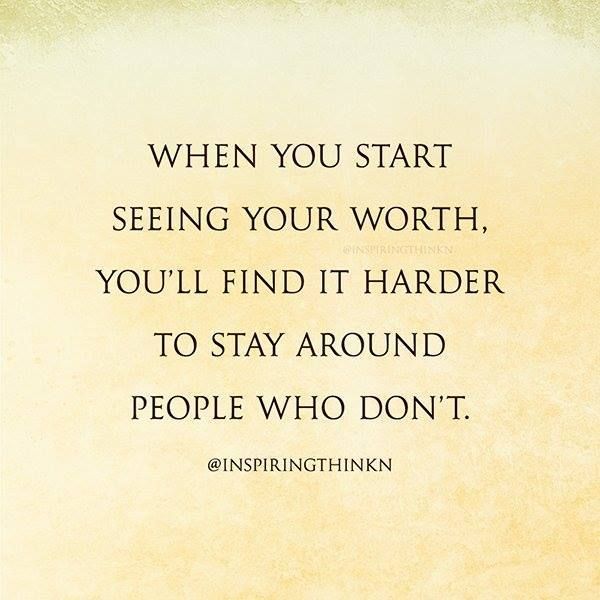
2. Set clear goals and move towards them
Goal setting is important for more than just success. It's also a great way to track your progress. Let the goal be not as ambitious as you would like - the main thing is that you feel moving forward. It can be an interesting project at work, weight loss, the realization of an old dream, or the passage of training. You don’t need to rush, just take small steps in the right direction every day.
3. Help those who come to you for help
One of the most effective ways to realize your worth is to help someone else in word or deed. As soon as you begin to change the lives of the people around you for the better, the feeling of helplessness and worthlessness recedes. You see the fruits of your efforts, accept gratitude from relatives, friends or even strangers, and gradually gain confidence that you play an important role.
4. Know your worth
Think about all your virtues - character traits, good habits, achievements at work. If this causes you difficulties, just remember the positive comments of the people around you about you. Even if you are not a millionaire, do not manage a large company, and passers-by on the streets do not recognize you, but this does not mean that you are insignificant.
If this causes you difficulties, just remember the positive comments of the people around you about you. Even if you are not a millionaire, do not manage a large company, and passers-by on the streets do not recognize you, but this does not mean that you are insignificant.
5. Realize that all your actions have weight
The first thing that comes to mind when you try to remember your significant actions is work. You go there to help people—clients, colleagues, the family you provide for, professionals in other fields who have sold your boss the furniture you occupy, the cell phone service you use, and so on. But besides work, there is a long a list of significant things you do.
For example, you help other people, take care of your loved ones, uphold justice, protect those who are weaker than you, learn about the world and instill important values in others. Even your vacation can be called significant: you replenish your resources in order to continue changing the world for the better and changing yourself.
5 ways to take responsibility and stop blaming the world around you
6. Learn to accept compliments and gratitude
Many people do not know how to accept nice words addressed to them. They constantly think that others exaggerate and in fact their contribution is minimal, and other people, circumstances or luck became the reason for the successful result.
Learn to accept compliments - don't argue with your interlocutor, don't justify yourself, don't try to devalue the time and effort invested. The same can be said for gratitude: instead of convincing the person that it was not difficult for you to help him, nod and smile.
7. Think of your loved ones
Just think of those who care about you. You can even rewrite their names on a piece of paper for clarity. Let this list include all your relatives with whom you have a good relationship, friends, loved one, colleagues, mentors, classmates and just acquaintances. Remember that these people respect and appreciate you.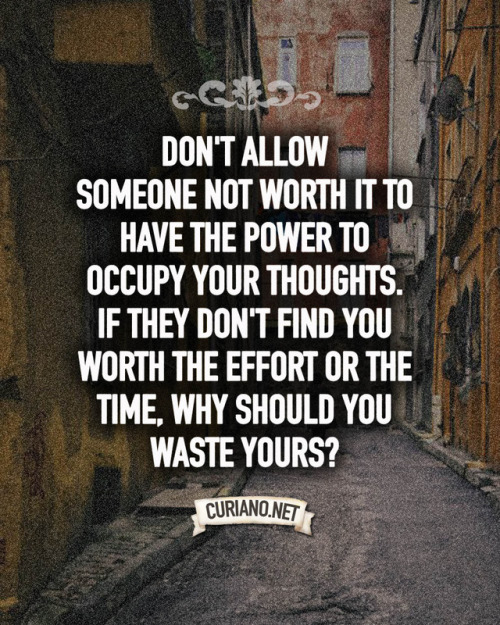 You play an important role in their lives - so why do you still doubt your own importance?
You play an important role in their lives - so why do you still doubt your own importance?
8. Don't let anyone violate your personal boundaries
Often a feeling of insignificance arises when people around you begin to violate your personal boundaries. A fair pattern emerges in your head: if I am significant, they treat me with respect. But in fact, you yourself allow other people to treat you in a way that you do not deserve.
Make no exceptions for anyone - your parents, best friends and even your loved one should know that they are not allowed to cross a certain line. As soon as you set clear boundaries in communication, you will stop worrying about your insignificance or helplessness.
9. Appreciate your time and your work
Do not take any job just to get "at least some money." In most cases, the amount you receive does not cover even half of your physical and emotional costs. Be firm in your price, don't settle for less, don't waste your time, and gain confidence in your knowledge and skills.
10. Consult a specialist
The belief that you play an insignificant role in the lives of your loved ones, feelings of helplessness and apathy can be signs of psychological problems. Therefore, if this condition lasts for more than two weeks and the methods described above did not work, the best thing you can do to help yourself is to make an appointment with a psychotherapist.
Solving such problems should not be delayed, otherwise the consequences may greatly affect your performance, communication with people around you and your inner state. It is better to visit a specialist in order to know exactly what is the cause of your concern.
Signs that it is better not to delay going to a psychotherapist
How to realize your unconditional worth
21,534
For the last few years I have been watching children grow up. It is very exciting. As I rejoice in fatherhood, solve problems, and analyze my parenting abilities, I have noticed that young children do not doubt themselves.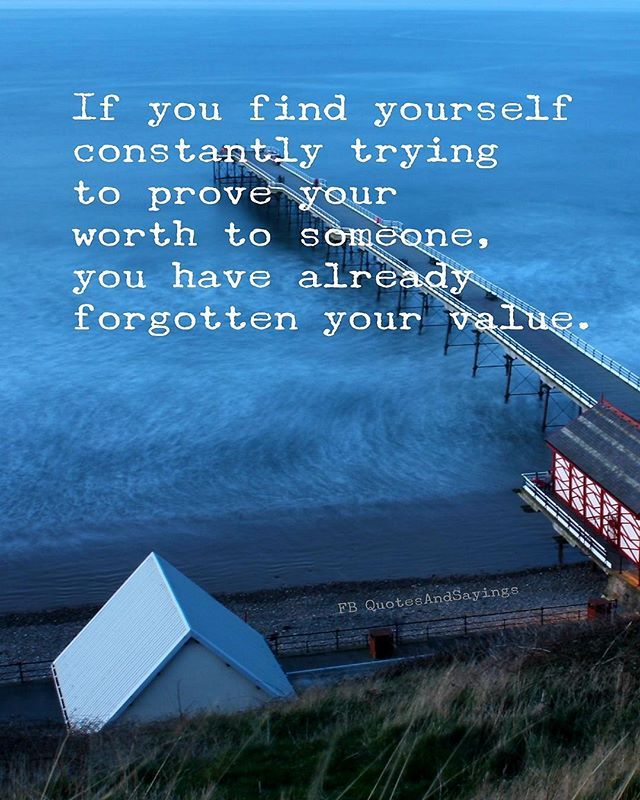 Daughters are not yet aware of the limitations, feelings of guilt and shame, excessive introspection. At what point does it usually end? When will children begin to condemn themselves, will they begin to consider their actions as valuable and not valuable? When they start asking themselves: “Am I doing this?” or “Will others understand this?”
Daughters are not yet aware of the limitations, feelings of guilt and shame, excessive introspection. At what point does it usually end? When will children begin to condemn themselves, will they begin to consider their actions as valuable and not valuable? When they start asking themselves: “Am I doing this?” or “Will others understand this?”
I remember the day my eldest daughter was born. I became a father for the first time, I was responsible for human life. I clearly understood that I love a child not for actions or compliance with my expectations, but for pure unconditional love.
It seems to us that we are what we do. Value is determined by our actions
But at some point, expectations do interfere with the relationship between parent and child. “Get dressed faster, we’re late!”, “Don’t talk to your mom like that!”, “Don’t hit your sister.” I still love my daughter, but I have expectations about her behavior.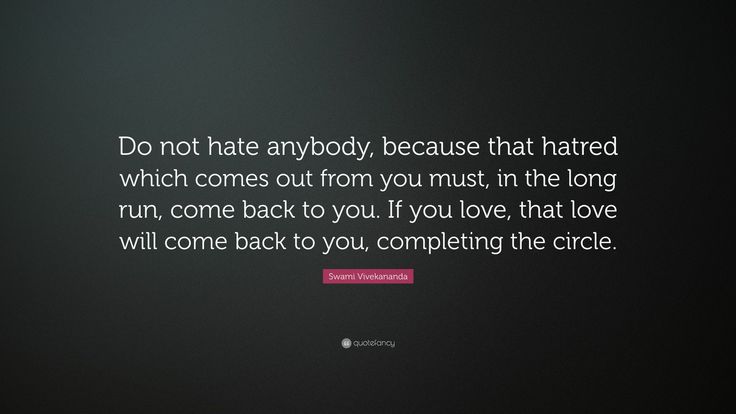 Of course she feels it. He must be thinking, “Mom and Dad get so mad when I slowly put on my socks. What's wrong with that?
Of course she feels it. He must be thinking, “Mom and Dad get so mad when I slowly put on my socks. What's wrong with that?
“Do it to get recognition”, “Don’t do it so as not to hurt others”, “Don’t say that, otherwise everyone will turn their backs on you”, “Others will not approve if I do this” ... Everyone has these thoughts and doubt. The problem is that we equate ourselves with actions. We think we are what we do. Value is determined by our actions.
Many fight in a quiet internal battle. It might look like this:
"I'm not like the others."
"I'm worse than the rest."
"I don't fit."
"I'm a loser."
"No one would want to be in my place."
The other extreme is to consider yourself special, chosen, better than others:
"I am special, so I can behave like this."
"People don't understand my problems."
“I always get what I want. I deserve it."
"I am better than others because I have more abilities. "
"
These thought patterns are wrong. All people are equally valuable. Without realizing this fact, it is impossible to form a healthy sense of self-worth. We deserve love and recognition no more and no less than any other person.
Think back to the messages that society broadcast as you grew older. "Get good grades, win competitions, show your talents and prove that you are special." When we don't get recognition, don't excel in sports, or don't meet the accepted beauty standard, we feel inferior to others. We seem to be missing something. But this is an illusion. Healthy self-esteem involves the realization that we are all unique, but no one is special. Nobody is better than the rest. No one ran first to the final destination.
Comparison, arrogance and self-abasement never helped anyone.
Avoid being a victim and feeling privileged. No one will give us a sense of self-worth, only we can do it ourselves. If we wait for praise for work and hope that the next achievement will help increase self-esteem, we are left with nothing. No matter how successful we are in life, it does not make us more important and valuable than others.
If we wait for praise for work and hope that the next achievement will help increase self-esteem, we are left with nothing. No matter how successful we are in life, it does not make us more important and valuable than others.
Comparison, arrogance and self-abasement have never helped anyone. We always feel like we're not successful enough and we don't have enough. In the end, this leads to sobering questions. Why don't what I do and what others think of me make me happy? Why am I trying to please everyone?
Finding answers is a difficult path, but it is worth going through. Perhaps in the end we will find a child inside us who appreciates himself for who he is. This part of our personality has fallen into hibernation and is waiting to be found and recognized again. We are all unique and important. This value is given to us by birthright. Believe it.
About the author
John Harrison is a psychologist and coach.
Source: PsychCentral.

 More specifically, high self esteem causes pleasant feelings and increases initiative. Researchers suggest that self-esteem comes from beliefs about what people need to be or do to have value and worth. So self esteem, they say, depends upon what they call 'contingencies of self-worth' (Crocker & Wolfe, 2001).
More specifically, high self esteem causes pleasant feelings and increases initiative. Researchers suggest that self-esteem comes from beliefs about what people need to be or do to have value and worth. So self esteem, they say, depends upon what they call 'contingencies of self-worth' (Crocker & Wolfe, 2001).
 We might under-eat or engage in unhealthy dieting practices just to make sure that we don't feel like a bad person. Having our self-worth be contingent upon (or tied to) outside factors leaves us with little control over how we live our lives. Instead, we're constantly striving not to feel bad.
We might under-eat or engage in unhealthy dieting practices just to make sure that we don't feel like a bad person. Having our self-worth be contingent upon (or tied to) outside factors leaves us with little control over how we live our lives. Instead, we're constantly striving not to feel bad.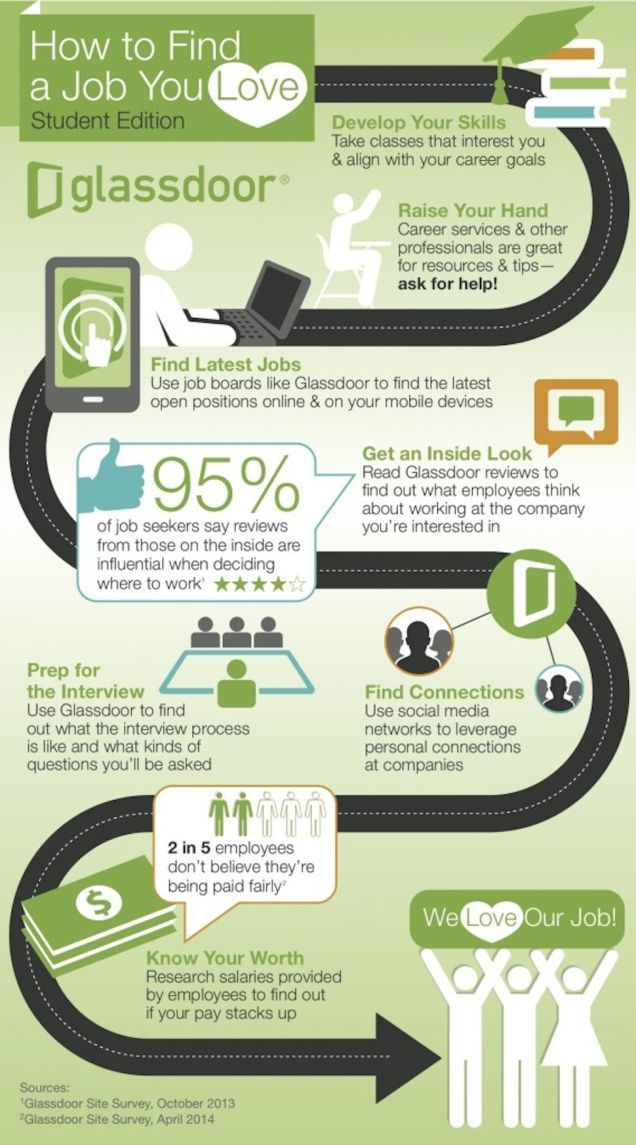


 Internal contingencies based on things like virtue and religiosity appear to be less harmful (Crocker & Wolfe, 2001).
Internal contingencies based on things like virtue and religiosity appear to be less harmful (Crocker & Wolfe, 2001). Some research speculates that we do this as a result of a process called self-verification. Self-verification is when we interact with the world in ways that confirm the beliefs we have of ourselves. If we feel positive about certain aspects of ourselves, we may act in ways that communicate these positive self-views. If we feel negative about aspects of ourselves, we'll act in ways that communicate our negative self-views (Cast & Burke, 2002).
Some research speculates that we do this as a result of a process called self-verification. Self-verification is when we interact with the world in ways that confirm the beliefs we have of ourselves. If we feel positive about certain aspects of ourselves, we may act in ways that communicate these positive self-views. If we feel negative about aspects of ourselves, we'll act in ways that communicate our negative self-views (Cast & Burke, 2002).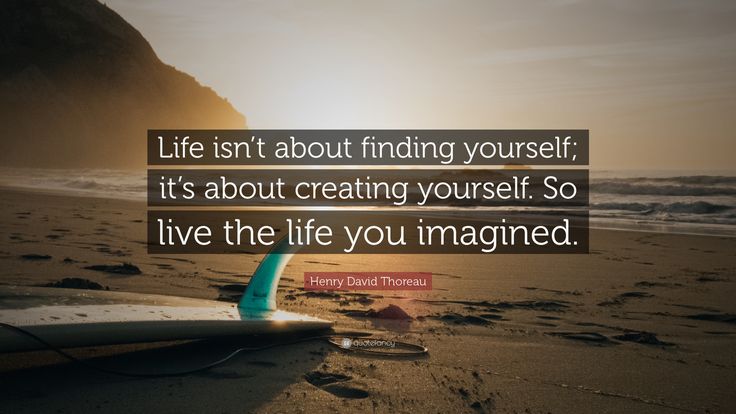 We have to be careful about the way we speak not to put ourselves down.
We have to be careful about the way we speak not to put ourselves down.  For example, we may choose a romantic partner that puts us down, a job that under appreciates us, or friends that belittle us. Taking stock of the people and situations we expose ourselves to is key. By doing so, we can start recognizing the ways our self-esteem stays low and start putting ourselves in more situations where people support and love us unconditionally.
For example, we may choose a romantic partner that puts us down, a job that under appreciates us, or friends that belittle us. Taking stock of the people and situations we expose ourselves to is key. By doing so, we can start recognizing the ways our self-esteem stays low and start putting ourselves in more situations where people support and love us unconditionally. T. (2001). Contingencies of self-worth. Psychological review, 108(3), 593.
T. (2001). Contingencies of self-worth. Psychological review, 108(3), 593.



